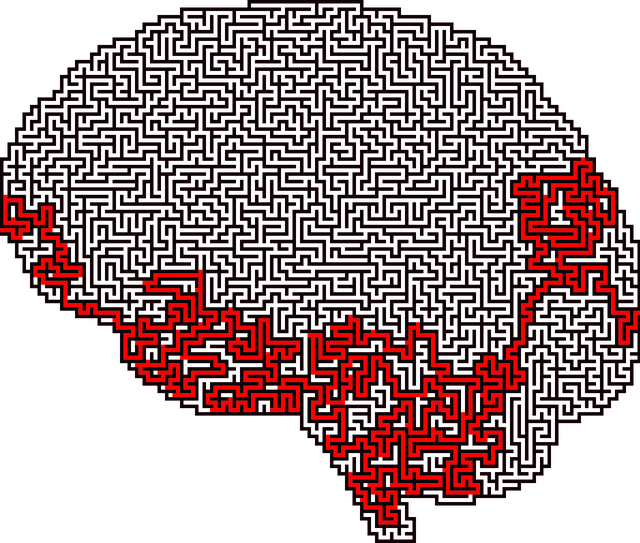Teaching emotion regulation skills is a cornerstone of effective therapy for Young Children with Neuro Disorders. Tailored interventions like mental wellness journaling, compassion cultivation, Social Skills Training, and Mind Over Matter techniques help kids develop emotional intelligence from an early age. Parents can support this process at home through simple strategies like deep breathing, visual aids, and structured routines, fostering self-awareness and resilience. Advocating for strong Mental Health Policy Analysis ensures accessible resources, empowering caregivers to navigate neurodiversity with confidence.
Emotion regulation is a vital skill for children, especially those with neuro disorders. This comprehensive guide explores effective strategies to support young minds in managing their emotions healthily. We delve into the understanding of emotion regulation in this population, highlighting its significance in their overall development. The article offers an insightful look at therapy approaches and practical tips for parents and caregivers, providing valuable tools to enhance emotional well-being in children with neuro disorders through targeted therapy for young children neuro disorders.
- Understanding Emotion Regulation in Young Children with Neuro Disorders
- Effective Therapy Approaches for Teaching Emotion Regulation Skills
- Practical Strategies for Parents and Caregivers at Home
Understanding Emotion Regulation in Young Children with Neuro Disorders

Understanding emotion regulation is crucial when it comes to teaching young children with neuro disorders. These individuals often face unique challenges in processing and managing their emotions due to differences in brain development and function. Therefore, tailored therapy for young children with neuro disorders should focus on developing emotional regulation skills to support their mental wellness.
Early intervention through specific techniques such as mental wellness journaling exercises and compassion cultivation practices can prove beneficial. These strategies help young learners recognize and label their feelings, fostering self-awareness and providing tools to cope in challenging situations. By integrating these compassionate approaches into daily routines, children with neuro disorders can enhance their emotional intelligence and overall resilience.
Effective Therapy Approaches for Teaching Emotion Regulation Skills

Teaching emotion regulation skills is a critical aspect of therapeutic support for young children with neuro disorders. Effective therapy approaches often combine various techniques tailored to each child’s unique needs. One prominent method is Social Skills Training, which focuses on enhancing social interactions and emotional understanding through role-playing and group activities. This approach not only teaches children how to recognize and express emotions appropriately but also fosters positive relationships with peers.
Additionally, the Mind Over Matter principles have proven effective in emotion regulation therapy. By teaching children cognitive restructuring techniques, they learn to challenge negative thoughts and replace them with more adaptive ones. This process facilitates emotional healing and empowers kids to manage their responses to stressful situations. These therapeutic interventions are designed to strengthen the child’s sense of control, boost resilience, and improve overall emotional well-being.
Practical Strategies for Parents and Caregivers at Home

Teaching young children with neuro disorders effective emotion regulation techniques is a valuable skill that parents and caregivers can master at home. Simple strategies such as deep breathing exercises, visual aids, and structured routines can significantly help kids manage their emotions. For instance, guiding children to take slow breaths during moments of distress calms the mind and body, making it easier for them to process and control their feelings.
Integrating mental health education programs designed with a focus on emotion regulation into daily activities creates a supportive environment. Encouraging open conversations about emotions fosters self-awareness and builds confidence in expressing feelings. Moreover, parents can enhance these efforts by advocating for Mental Health Policy Analysis and Advocacy, ensuring that resources and support are accessible to them and their children. By combining practical techniques with a solid mental health foundation, caregivers empower young minds to navigate their neurodiversity with resilience and emotional intelligence.
Emotion regulation techniques are invaluable tools for supporting young children with neuro disorders. By understanding the unique challenges these children face, we can implement effective therapy approaches that foster healthy emotional development. Parents and caregivers play a crucial role in this process, and practical strategies shared in this article equip them to help their young ones navigate emotions at home. With consistent practice, these techniques can revolutionize the way we support children with neuro disorders, enhancing their well-being and overall quality of life.














